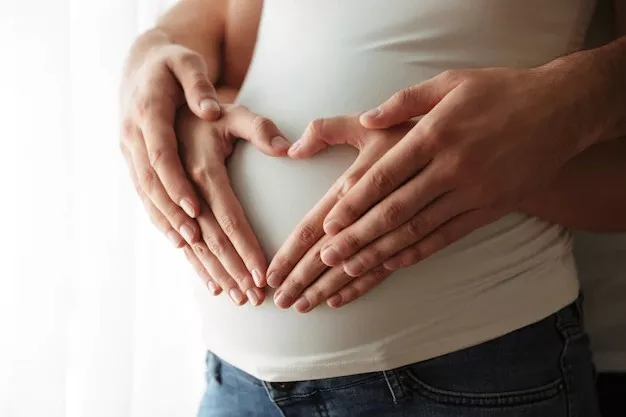After crossing the age of 40, every woman has fewer chances of becoming pregnant successfully due to the frequent changes in hormones and the reduced number of eggs produced by a woman at the time of ovulation. However, it has been seen that most of them even fail to conceive a single child and suffer from primary infertility.
This article will cover all the essential information on cases of primary infertility in women and how it is possible to treat the illness successfully. Before proceeding further, let us understand what primary infertility is in the first place.
Primary Infertility
Primary infertility is a chronic condition in which a couple becomes unable to conceive even after trying for more than a year through unprotected intercourse. The causes of infertility may be undetermined, but specific changes highly influence these hormones, reproductive health, environmental changes, and the lifestyle you create.
How common is primary infertility?
Research says that the infertility rate in women over 40 years is almost 50%, and the other 50% face various consequences during a normal pregnancy that might result in miscarriage and stillbirth.
Risk factors for female infertility after 40
The imperative factors that contribute to female infertility are:
Damaged or blocked fallopian tubes: The fallopian tubes work as a channel to transport the egg so that it can reach the sperm in the uterine area
Past ectopic pregnancy: It occurs when an embryo (a combination of eggs and sperm) gets attached nearby to other reproductive parts rather than getting attached to the uterine lining.
Pelvic inflammatory disease (PID): It is known as the presence of infection of one or more of the reproductive organs, including but not limited to the uterus, fallopian tube, and ovaries. If these infections are not treated at the right time, they can form scar tissues and infected fluid pockets and cause permanent damage.
Abnormal menstruation: Heavy periods, short cycles of periods, painful periods, or no periods are the major causes of primary infertility in women.
Thyroid- Distressing from the thyroid leads to infertility by stopping the normal ovulation process and increasing weight.
Poor lifestyle factors: Excessive consumption of alcohol, smoking, caffeine, and illicit drugs affects physical and mental health and becomes one of the primary reasons for infertility.
Complications in the uterine area, such as endometriosis, uterine fibroids, and uterine polyps
The ovarian disorder is one of the women’s most common reasons for infertility. In this, a woman fails to produce a healthy and mature egg to initiate the reproductive parts.
Is it possible to treat Primary Infertility illness after the age of 40?
Yes! You heard right. It is remarkably possible to erase infertility from your life after reaching 40. There are two ways to combat the hideous infertility illness after age 40. On the one hand, you can use assisted reproductive technology, and on the other hand, you can opt for specific infertility treatments. Therefore, we are going to identify the treatment for particular complications first, and these:
Fallopian tube surgery: Fallopian tube surgery is performed to remove the scar tissue to make a clear pathway to accomplish the required meeting of an egg or a sperm.
Surgery for endometriosis, fibroids, and PCOS: Laparoscopic surgery treats endometriosis, fibroids, and PCOS by removing cysts and fluid sacs.
Popular Assisted reproductive technology forms for females
Intra-uterine Insemination (IUI)- Intrauterine Insemination (IUI), also known as artificial insemination, is where sperm gets injected into the mother’s womb through a thin plastic tube passing through the cervix.
In-vitro fertilization (IVF): In-vitro fertilization process (IVF) is a process in which fertilization occurs outside the human body when eggs and sperm are retrieved from the human body to get fertilized in a petri dish inside a laboratory to get later implanted inside the woman’s uterus.
Donation of sperm and eggs: If you and your partner cannot use your eggs and sperm in any condition to complete the reproduction process, then your doctor will recommend using donated eggs and sperm to get you pregnant successfully.
Want to connect with an IVF specialist?
Primary infertility can be a legitimate illness if not treated at the right time. Thus, if you recognize the early symptoms within one year, you can also undergo specific infertility treatments for the reproductive organs. In most cases, it is found that females or couples wait for a year to hear the most beloved news of pregnancy, and it doesn’t turn out as they expected it to do. Hence, in the end, the last solution that remains for them to plan for a baby is through assisted reproductive technology and IVF. Thus, connecting with a fertility specialist becomes a more appropriate thing to do to know how you can plan for an IVF pregnancy in Pune in a more subtle way to have success in the future.
